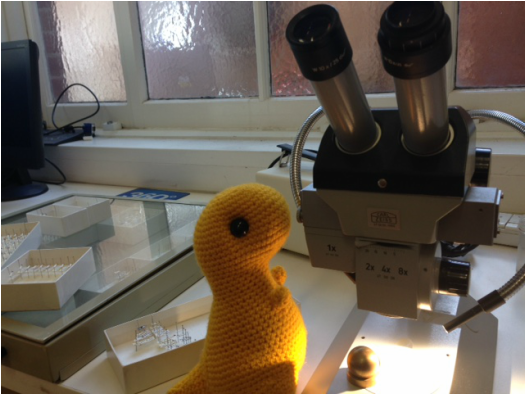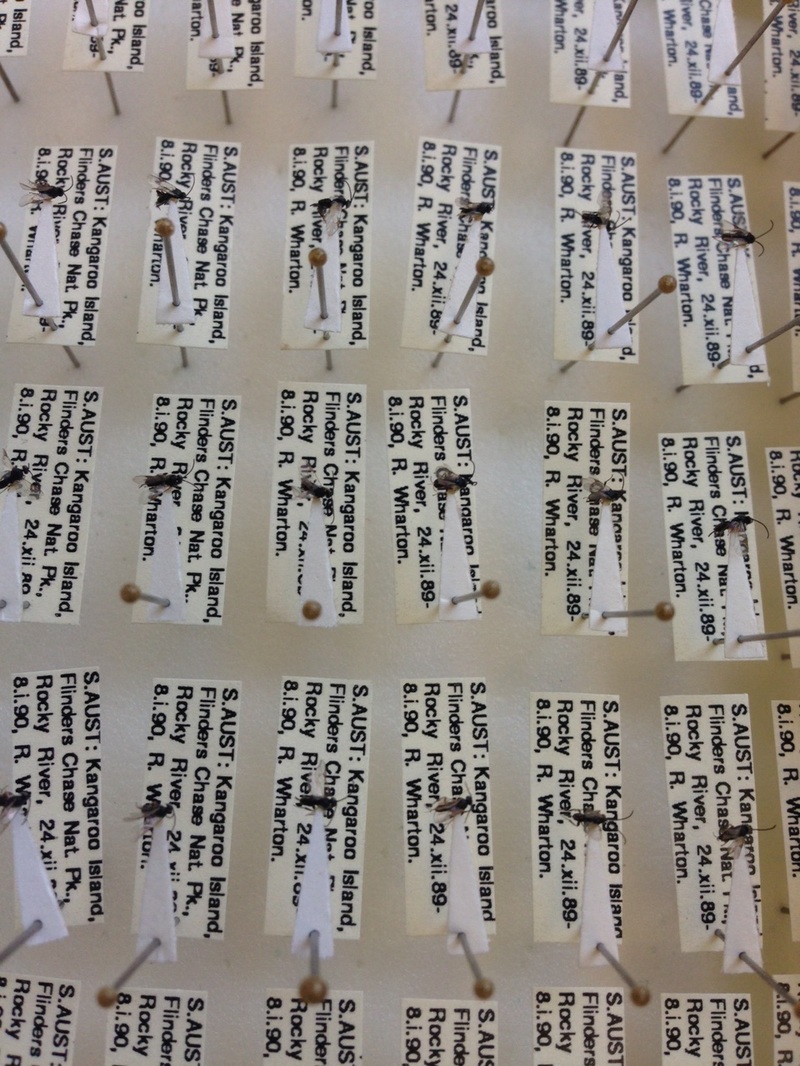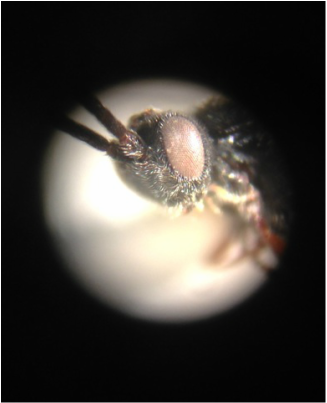One of the reasons being a scientist is so exciting is that you get to do a whole bunch of different things throughout the timespan of a research project. With that being said, however, sometimes you do the same things for days. Or weeks. Or months.
You haven't heard from Mustard and me that often during the last couple of weeks because we've haven't really been doing anything new! We're still finishing off our project proposal and literature review, spending time at the microscope identifying wasps and planing the rest of our PhD.
You haven't heard from Mustard and me that often during the last couple of weeks because we've haven't really been doing anything new! We're still finishing off our project proposal and literature review, spending time at the microscope identifying wasps and planing the rest of our PhD.
One new thing we have started doing is planning the evaluation of our citizen science project. You'll hear much more about this project later down the track, including how to be involved! We're going to be asking people to help us rear caterpillars to find out what sorts of parasitoid wasps infect them. We're also going to try and find out if being involved in a project like this helps people learn about science, enjoy science more, or changes their attitude towards science. To do this we'll be conducting surveys, and because that involves research about humans, we have to apply for ethics clearance.
Whenever scientists do work on animals (other than invertebrates) or on people, they have to submit an application to their institution to explain why the work is important and how they will keep people safe. In the case of animals, the scientists need to argue why it is necessary to work on the animal and how they will keep the research as humane and cruelty free as possible. The need to have ethics clearance means that scientists can't just do whatever they want - they need to adhere to the morals and ethics of society (which is normally a good thing!).
We are submitting an ethics clearance to allow us to research the people involved in our citizen science project, to find out whether they enjoyed it or learnt anything from the experience.
Anyway, better get back to the microscope!
Whenever scientists do work on animals (other than invertebrates) or on people, they have to submit an application to their institution to explain why the work is important and how they will keep people safe. In the case of animals, the scientists need to argue why it is necessary to work on the animal and how they will keep the research as humane and cruelty free as possible. The need to have ethics clearance means that scientists can't just do whatever they want - they need to adhere to the morals and ethics of society (which is normally a good thing!).
We are submitting an ethics clearance to allow us to research the people involved in our citizen science project, to find out whether they enjoyed it or learnt anything from the experience.
Anyway, better get back to the microscope!



 RSS Feed
RSS Feed
